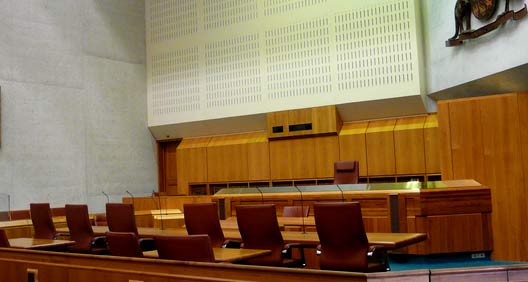
The R in the Bankruptcy Alphabet stands for Real Estate. Real estate is important for many reasons. For consumers, their home is their real estate, which is usually their single-most expensive purchase they make in their lives. And, people want to know always, whether they can keep their home in bankruptcy. For business owners who own real estate that’s also an important question. Can the business keep its real estate?
For consumers, they can usually keep their homes if they can remain current on their mortgage(s), and, if they can protect the equity in the home. Bankruptcy law allows the mortgage holders’ liens to remain on the property, generally, even after a bankruptcy is filed. But, for the person to keep their house, they need to be current on making their mortgage payments. This is true regardless of whether they have filed bankruptcy or not. If the person does not make payments each month, the mortgage lender can ask the bankruptcy court to begin or continue with foreclosure proceedings. In some limited cases, a Chapter 13 case can help a person “strip down” a second mortgage if the house’s value is less than the balance of the first mortgage.
Bankruptcy allows individuals to protect or “keep” a certain amount of equity in real estate that they live in, called “homestead”. For example, inIllinois, people can protect $15,000.00 per person worth of equity in the property. (That’s called an exemption) So, for a married couple who owns a house, that’s $30,000.00. Lately, most people have not had much equity remaining in their houses due to the drop in housing value. Equity is the value of the house minus the balances of all mortgages on it. If a person has more than the amount of equity in their house than the exemption, the bankruptcy trustee could sell the property or demand the excess amount of money be paid. There is a way to protect the excess equity and keep the property, by paying that excess in a Chapter 13, payment plan, type of bankruptcy case over 3 to 5 years.
For business owners, much also depends on the equity in the property. Because, if the business owns the property, that would be a factor in the value of the business. If the business itself (if it’s a corporation) files for bankruptcy, the trustee could sell the property to recover money for its creditors. If it is not incorporated, and the owner files for bankruptcy, the trustee could also try to sell the property. However, the trustee would only want to sell the property if he or she thought there would be money left to pay creditors.
Issues and questions regarding real estate and bankruptcy can be some of the most complex legal questions. It is best to call an experienced bankruptcy attorney to discuss your specific situation. The attorneys at the Law Offices of Daniel J Winter are here to help, with offices in Illinois: Chicago Loop,Oak Lawn,Skokie, andWaukegan, and also forWisconsin residents in Milwaukee.
Daniel J. Winter
Law Offices of Daniel J Winter
53W. Jackson Boulevard
Suite725
Chicago,IL60604
312-789-9999
djw@DWinterLaw.com



